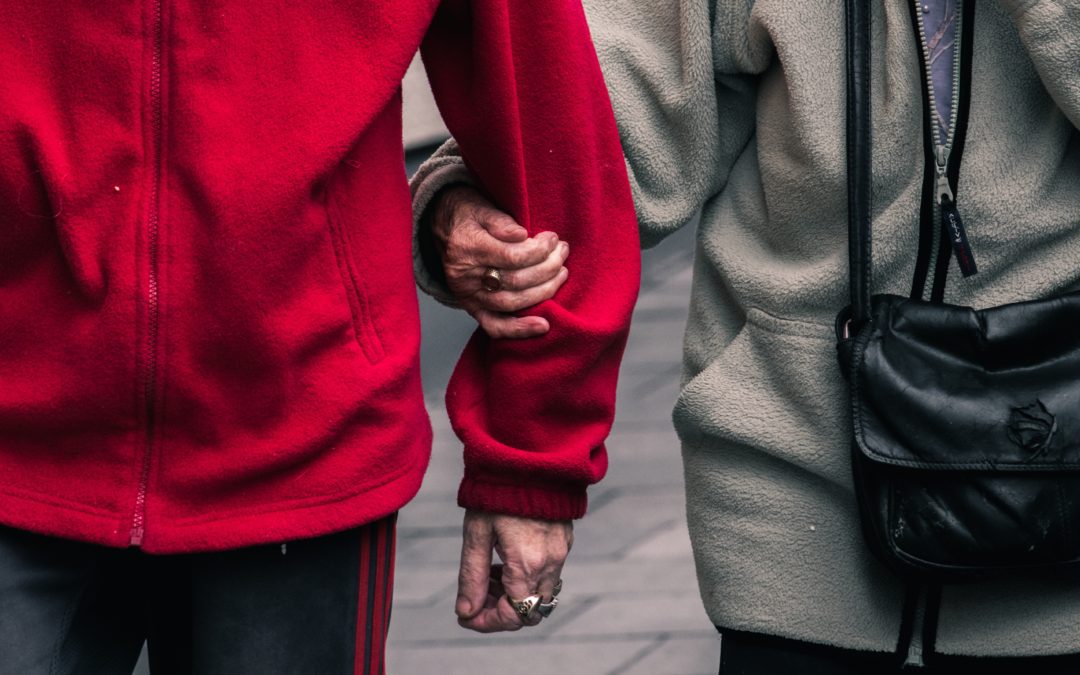In biblical times, the most disadvantaged people were (i) widows, (ii) orphans, and (iii) foreigners (Ex 22:21-24). In a world of subsistence farming, where welfare didn’t exist, and employment was rare, these people struggled to survive. Yet Deut 10:17-18 says God identifies with these people in a special way. As such, if God’s people don’t take an active interest in helping the disadvantaged, they are on a different page to their God. The prophets tell us that alongside idolatry, a lack of social justice was the main reason for the exile (e.g. Zech 7:10; Mic 6:8).
Yet this extends to sins of omission as well. In Isaiah 1:17, the Lord says ‘justice’ includes advocating for the disadvantaged:
‘Learn to do right! Seek justice, encourage the oppressed. Defend the cause of the fatherless, plead the case of the widow’.
According to this verse, simply not oppressing the disadvantaged is not good enough. To ‘do right’ means actively seeking to improve the situation of the disadvantaged at the legal level. While buying a blanket for a homeless person, or giving large sums of money to charity are certainly commendable, they do not fall into the category of ‘defend the cause …’ or ‘plead the case …’. What God is calling for is legal/legislative change that reduces a person’s level of disadvantage.
Now you and I cannot fix all the world’s problems. But we can do the following: 1. Pick an issue that sparks our interest, either locally (e.g. domestic violence, asylum seekers, indigenous affairs, homelessness) or globally (e.g. poverty, religious or ethnic oppression, slavery, climate change), 2. Research the issue, and learn what is most needed, and 3. Be an agent of change in whatever way you can (e.g. write a letter, post about it, attend a rally, send money, pray). May Christians stand alongside the Lord, and advocate for the disadvantaged.






